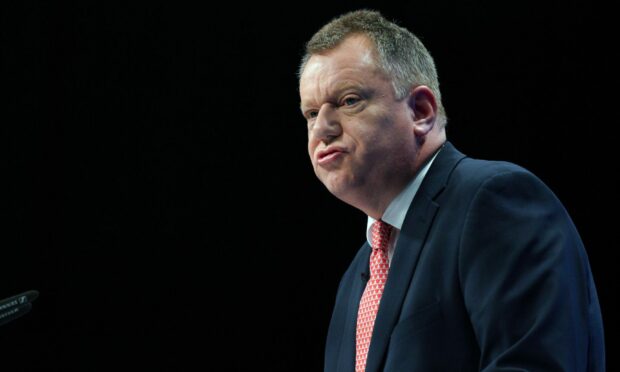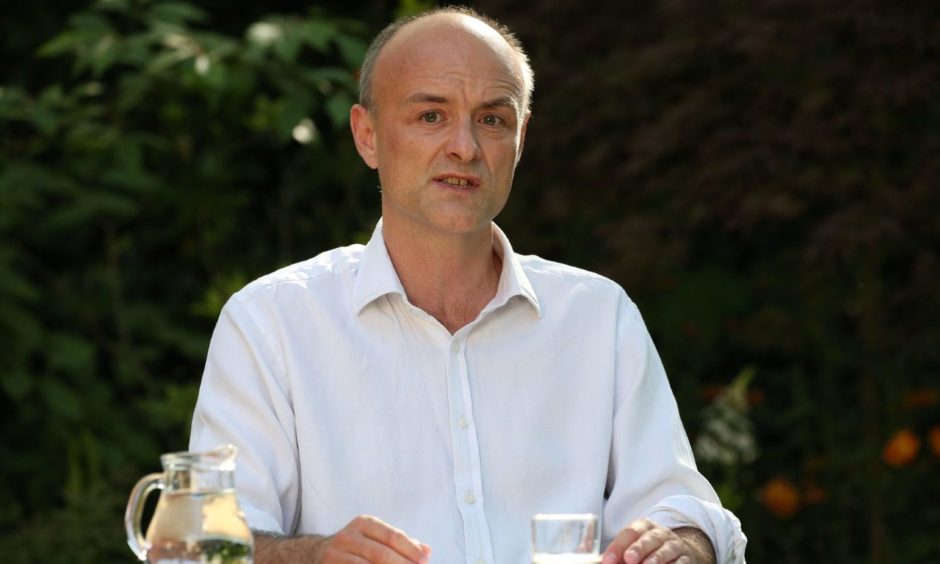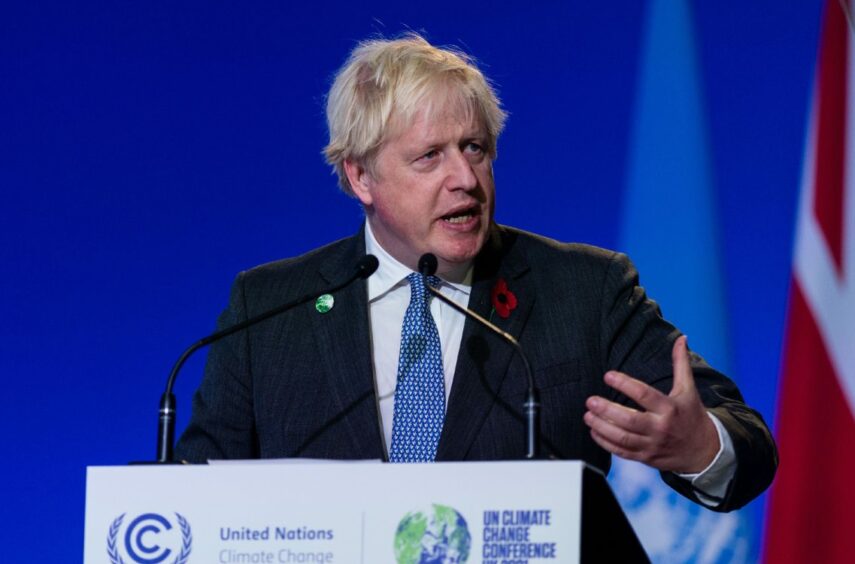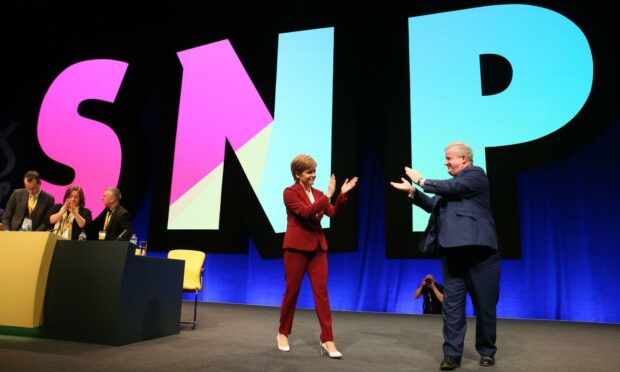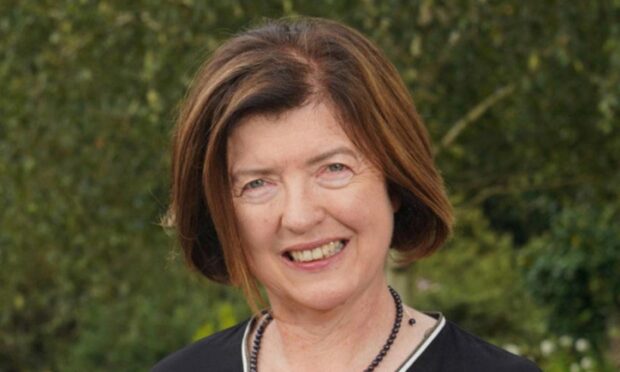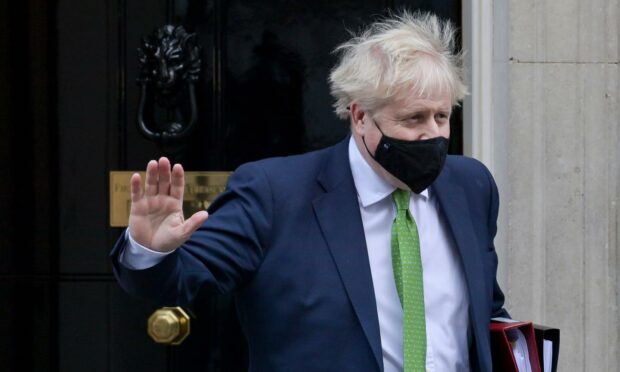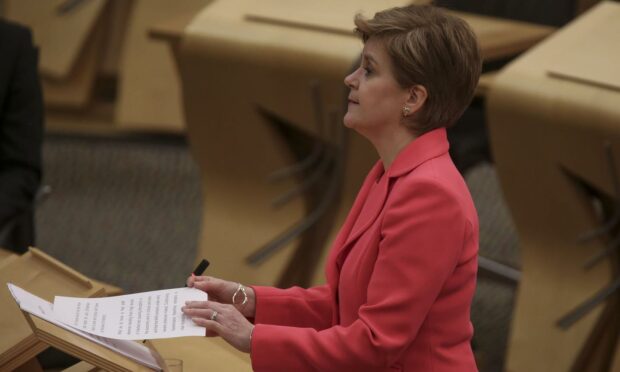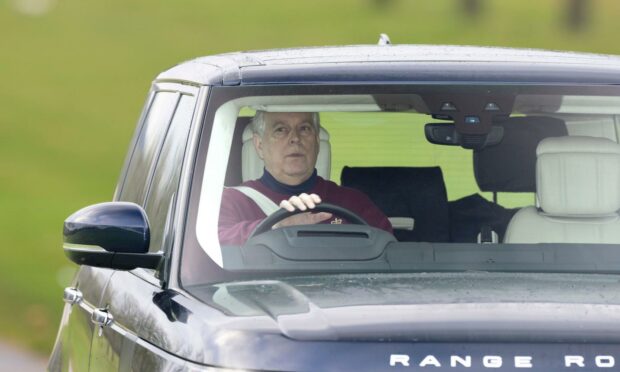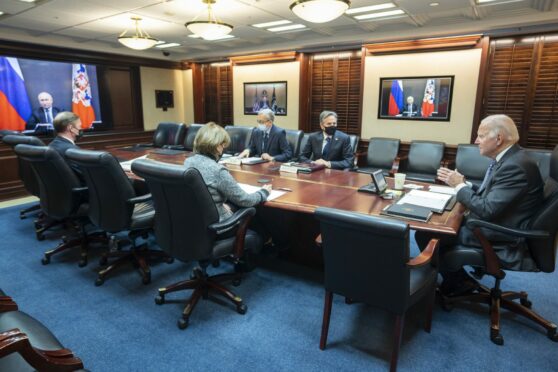Boris Johnson’s bumbling address to the CBI was not the most important speech of the week.
That title goes to Lord Frost’s words at the Centre for Policy Studies’ Margaret Thatcher conference on Monday.
“I am very happy that free Britain, or at least merry England, is probably now the free-est country in the world as regards Covid restrictions. No mask rules, no vaccine passports, and long may it remain so.”
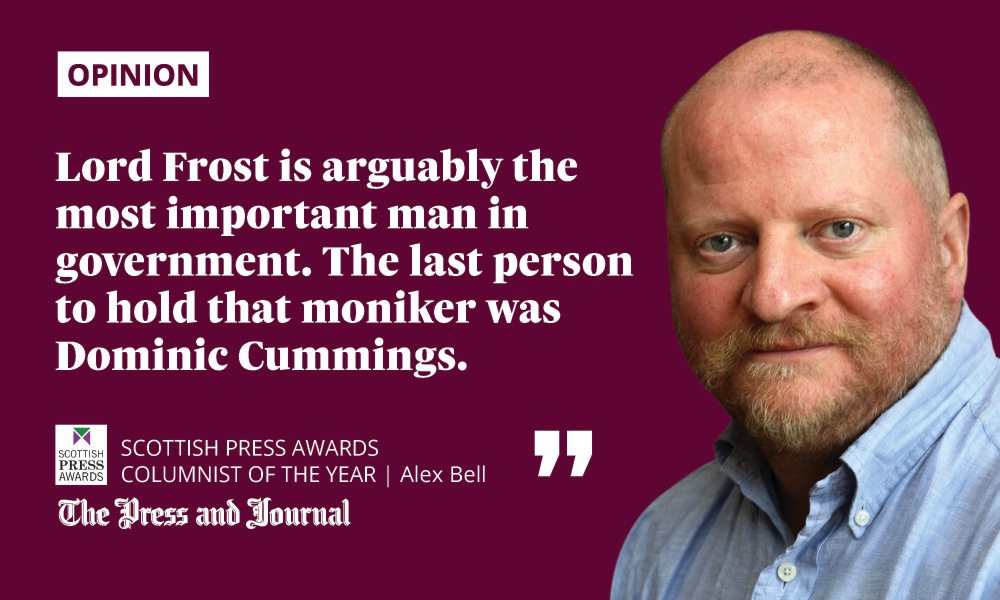
That quote gives you a sense of the man. A British nationalist of the newly fashionable sort. A civil libertarian who sees Covid as a matter of politics more than public health. A bit of a cove.
Lord Frost is arguably the most important man in government. The last person to hold that moniker was Dominic Cummings.
The Good Friday Agreement
Dominic Cummings was notorious. They even made a film about his Brexit campaign. Lord Frost has done a better job at keeping out of the headlines.
Like Cummings, he’s never faced the electorate. His ascent of the diplomatic service and then politics has all been on merit, but never publicly scrutinised.
Unlike Cummings, he plays a clever game within the right-wing establishment. His influence is real, there’s no need to shout.
Yet, Lord Frost may be reaching a point of hubris that leads to downfall.
Earlier this month, he admitted that the Northern Ireland protocol, as agreed by Theresa May’s government in 2017, was a mistake. It was there to preserve the Good Friday Agreement, no matter what form of Brexit was agreed.
It was signed as an article of good faith between the EU and the UK. Lord Frost now admits he never had that good faith.
In other words the Northern Ireland protocol must go. Little wonder Dublin has come to regard Frost as an unreliable figure, a saboteur in pin stripe
Which means that the man responsible for negotiating Brexit for the UK was never content he had a good deal. He signed the UK up to something he was always against.
That kind of revelation is usually kept for post-career memoirs, for the good reason that it presents Lord Frost as an untrustworthy person, not fit to continue as the people’s representative at the negotiating table. He signs Britain up to things he believes damaging to the country.
Lord Frost has grown weary of his boss
This bullish manner is probably what impresses Johnson, for whom Frost has been adviser before being ennobled and appointed to cabinet, as Minister for the Cabinet Office.
He has said: “When we discuss trade in this country we must not forget that our most urgent and pressing problem, an issue of the highest national interest, is to make sure we can trade freely within our own country.”
In other words, the Northern Ireland protocol must go. Little wonder Dublin has come to regard Frost as an unreliable figure, a saboteur in pin stripe.
But, like Cummings, the signs are that Frost has grown weary of his boss. There’s a nod to Johnson’s “high wages, high skills” economic vision in his speech but much more that can be read as criticism of Boris’s style of government.
Johnson doesn’t do debate. Ministers complain that cabinet is shambolic. No discussion is encouraged. Yet, here is Frost calling for a vigorous exchange of ideas.
An echo of Cummings’ great complaint against the civil service: if only people would just get on with things and stop asking questions
“To make the best decisions, we need the fullest and free-est possible debate… Debate is central to how we manage the kind of country we want to be after Brexit.”
Is this a coded call for fresh ideas, for a new direction? It certainly hints at that, given Frost’s other remarks.
“My job is to drive change within government, to push policy in the right direction and to overcome the forces of entropy, of laziness, of vested interest.”
An echo of Cummings’ great complaint against the civil service: if only people would just get on with things and stop asking questions. Which is, of course, a whistle to the real Brexiteers, not the dithering Johnson. Brexit as a small government, light regulation revolution.
Frost warms to his theme
“We can’t carry on as we were before and if after Brexit all we do is import the European social model we will not succeed.”
Thus far, Johnson has seemed rather keen on social policies. Higher spending to cope with Covid, higher tax to improve social care, the NHS and advance levelling up. To Lord Frost, this is wrong.
“The formula for success as a country is well known. Low taxes – I agree with the chancellor, as he said in his Budget speech, our goal must be to reduce taxes.
“Light-touch and proportionate regulation, whatever our policy objectives.
“Free trade, of course, simultaneously increasing consumer choice while reducing consumer costs. Ensuring competition stops complacency – keeping our economy fit and responsive to innovation and progress abroad.
“And personal freedom and responsibility.”
Maybe Boris Johnson is simply running out of story. Lord Frost’s speech suggests others are gathering to fill the void
There you have it. A formula for a successful country. One which sounds an awful lot like America.
Were Frost to ever face the electorate rather than fellow members of the establishment, he might find this a more difficult message to sell. It is not consistent with the script coming out of Downing Street.
But, as the prime minister showed at the CBI, maybe he is simply running out of story. Lord Frost’s speech suggests others are gathering to fill the void.
